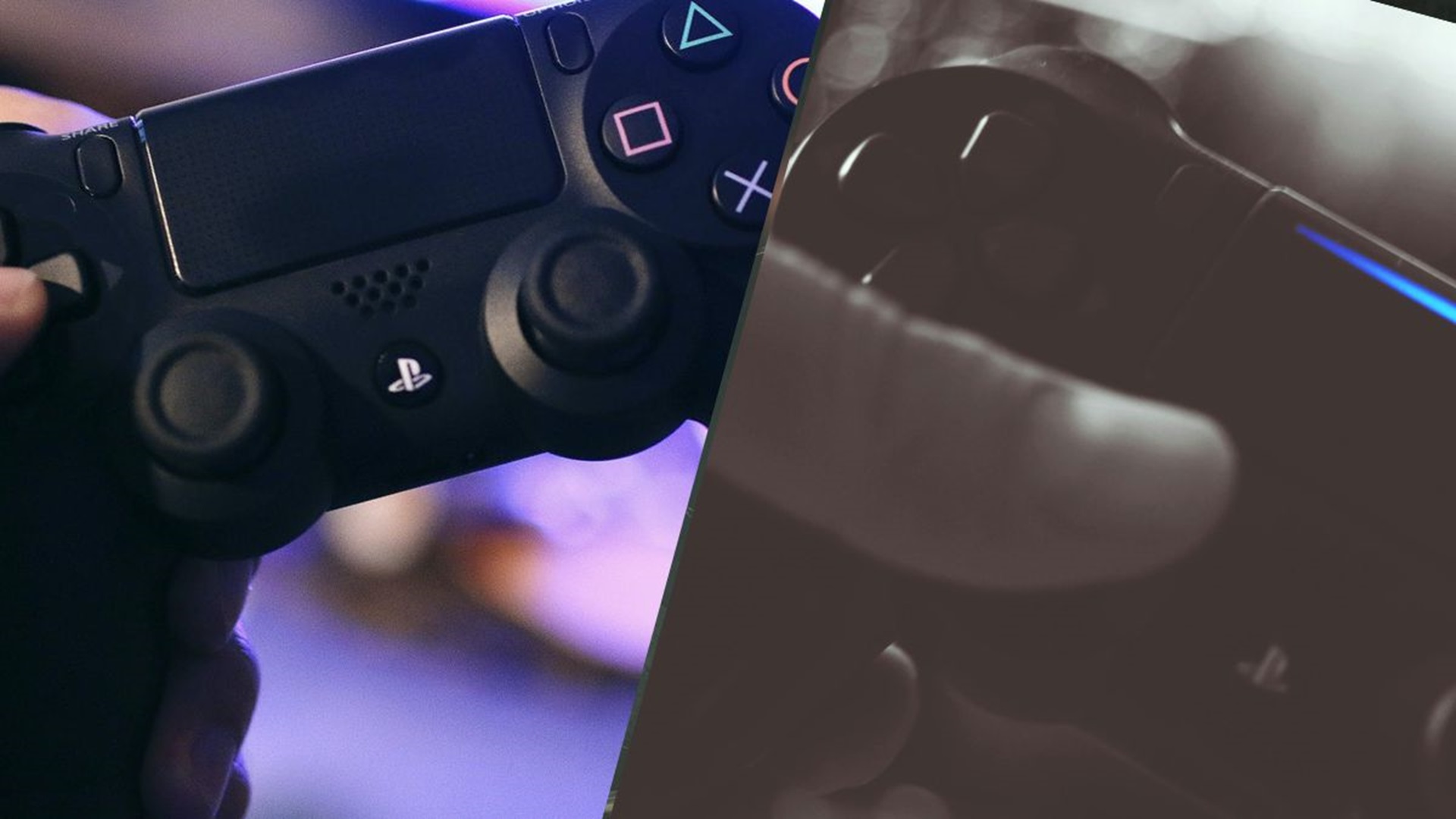As much as fans love to sing Sony and PlayStation praises, it's not above doing wrong. Case in point, the industry-leading console manufacturer has just been fined 13.5 million Euros (approximately $14.8 million) by France's antitrust regulator, Autorité de la Concurrence, over claims concerning its practices with third-party PlayStation 4 controllers, as reported by the CPI. It marks a significant development in the video game hardware industry, particularly regarding the competitive dynamics between first-party and third-party accessory manufacturers.
The fine stems from two primary allegations. Firstly, Sony is accused of implementing technical measures in 2015, which it argues is used to combat counterfeiting. Unfortunately, it inadvertently led to frequent disconnections of third-party controllers during system updates. These measures, although intended to target counterfeit products, indiscriminately affected all unlicensed third-party controllers. This resulted in frustrating gameplay interruptions for users of these controllers and arguably damaged the reputation and brand image of third-party manufacturers.
The second allegation against Sony revolves around its licensing policy. The Autorité de la Concurrence criticized Sony for its lack of transparency in communicating the criteria for joining its Official Licensed Product program to third-party manufacturers. According to the regulator, Sony exercised discretionary power in applying these criteria. As a result, it effectively barred many third-party companies from joining the program. This notable exclusion meant that unlicensed controllers were the only ones experiencing disconnections, a situation that could imply an unfair competitive advantage for Sony's first-party controllers.

